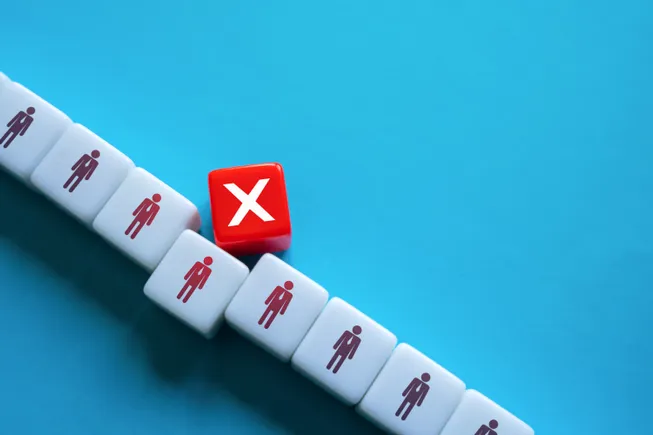Biogen, UCB get the lupus data they’ve waited two decades for


After more than two decades of work, partners Biogen and UCB say they finally have positive results from a late-stage clinical trial evaluating one of their experimental drugs for lupus.
The companies didn’t release any data, but said the drug, when paired with the current standard of care, was significantly better than a placebo at helping people with the most common form of lupus. The trial enrolled 321 participants with “moderate to severe” disease, and evaluated them over 48 weeks using a scale designed to measure the effects of lupus treatments.
Based on the results, Biogen and UCB plan on starting another large study this year. A Biogen spokesperson confirmed that “per global regulatory standards,” a second Phase 3 trial is required to confirm the drug’s safety and effectiveness.
Detailed results from the current study will be presented at an upcoming medical meeting, according to Biogen. Participants in that trial will also continue to be followed in a long-term study wherein everyone gets the drug, which is known scientifically as dapirolizumab pegol.
“These results demonstrate that dapirolizumab pegol has the promise to provide meaningful benefit in this serious, chronic, and often devastating disease,” Diana Gallagher, head of immunology development units at Biogen, said in a statement.
Should the drug ultimately gain approval, it would create another therapy for a hard-to-treat autoimmune disease. Estimates hold that more than 200,000 people in the U.S. have this form of lupus, called SLE for short, yet only a handful of drugs are available. The list includes older medications like corticosteroids as well as newer, targeted treatments like GSK’s Benlysta and AstraZeneca’s Saphnelo.
An approval would also put Biogen one step closer to a yearslong goal. Considered by some investors to be over-reliant on high-risk neuroscience projects, Biogen has tried to diversify and prove it can be a major player in immune research as well. To that end, this spring it agreed to spend up to $1.2 billion to acquire HI-Bio, a young biotechnology company developing a potential treatment for kidney conditions triggered by immune system problems.
One of those conditions is kidney inflammation caused by lupus, which is fitting given that Biogen has identified lupus as a good jumping off point in immunology. In addition to the HI-Bio drug and dapirolizumab pegol, Biogen has another experimental medicine, litifilimab, in late-stage testing for SLE and another form of lupus. UCB, which has been working with Biogen since 2003, is also partnered on that program.
In lupus, “we’re very solidly positioned there,” Gallagher said in an interview. But since the appointment of CEO Chris Viehbacher in late 2022, the company has been even more focused on using lupus as an anchor point and then broadening out.
Lupus, though, has proven to be a challenging foothold. In 2018, dapirolizumab pegol failed to outperform a placebo in a smaller study of SLE patients. According to Gallagher, Biogen and UCB ultimately concluded that the study’s design was in part to blame. They would test the drug further, in a trial that enrolled sicker patients and better controlled for background steroid use.
That decision now appears to have paid off, though the magnitude of the drug’s effects isn’t yet clear. Competition is heating up, too. At least a dozen companies are evaluating cell therapies and new types of antibody drugs for lupus that are already in or close to human trials. Meanwhile, many developers have recently pivoted to immune disease research with lupus as a starting point.
Biogen and UCB said that, in addition to meeting the study’s main goal, clinical improvements were observed among “key secondary endpoints” measuring disease activity and flare ups. The safety of the drug was also “generally consistent with previous studies.” Such studies have found it to be well-tolerated, with rates of serious treatment-emergent adverse events that are both low and similar to placebo groups.
Ben Fidler contributed reporting.
This post has been syndicated from a third-party source. View the original article here.




